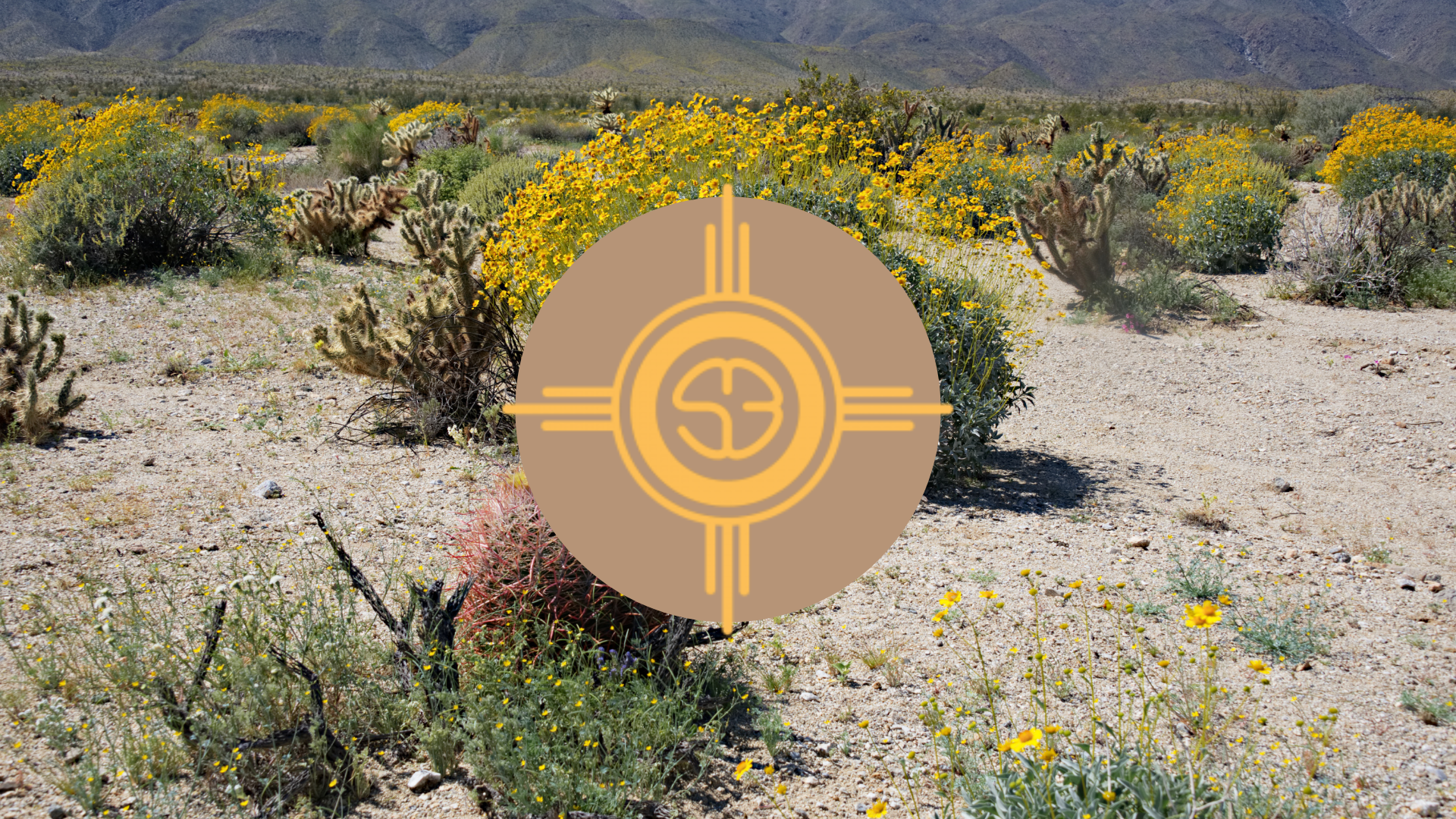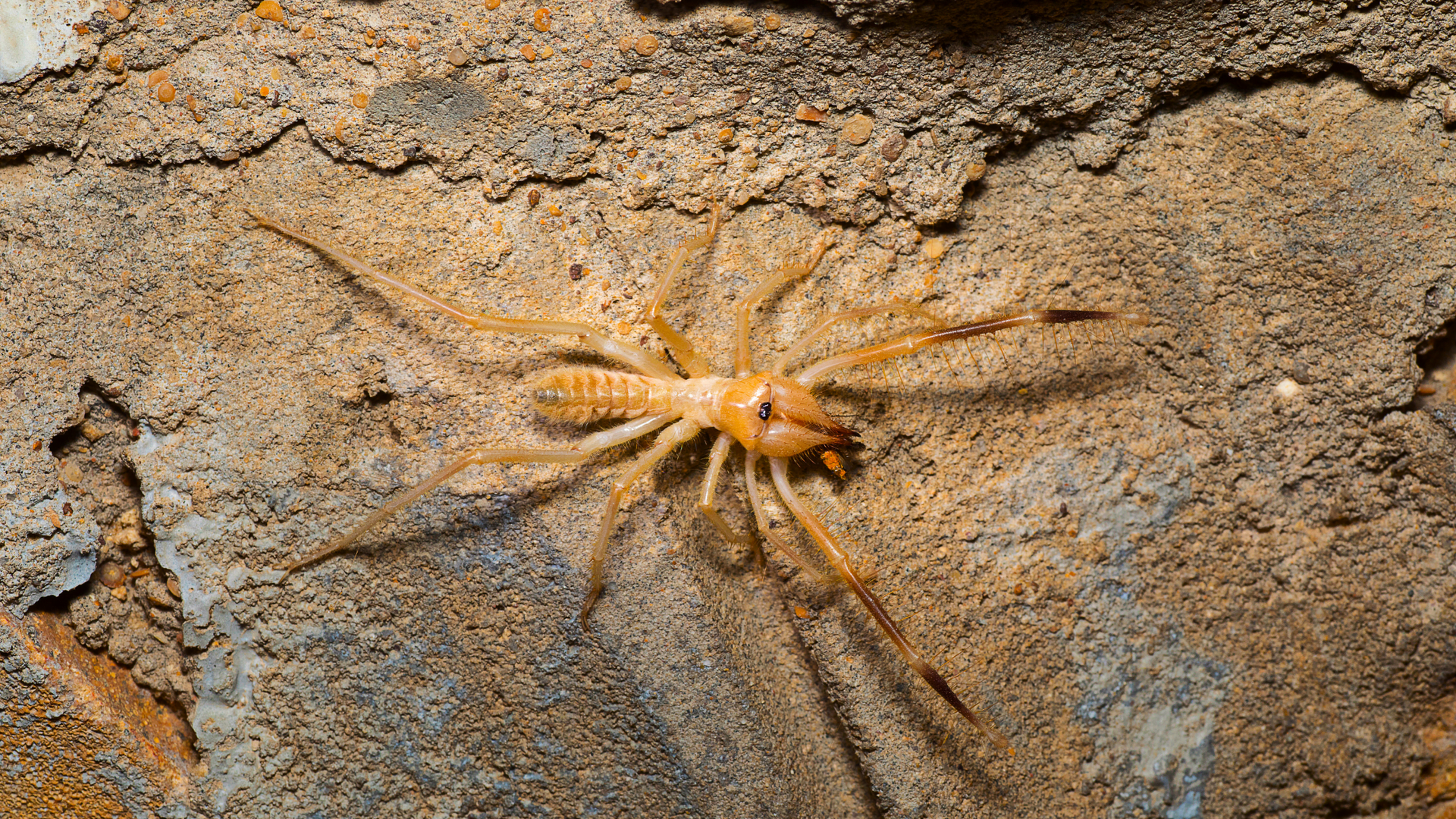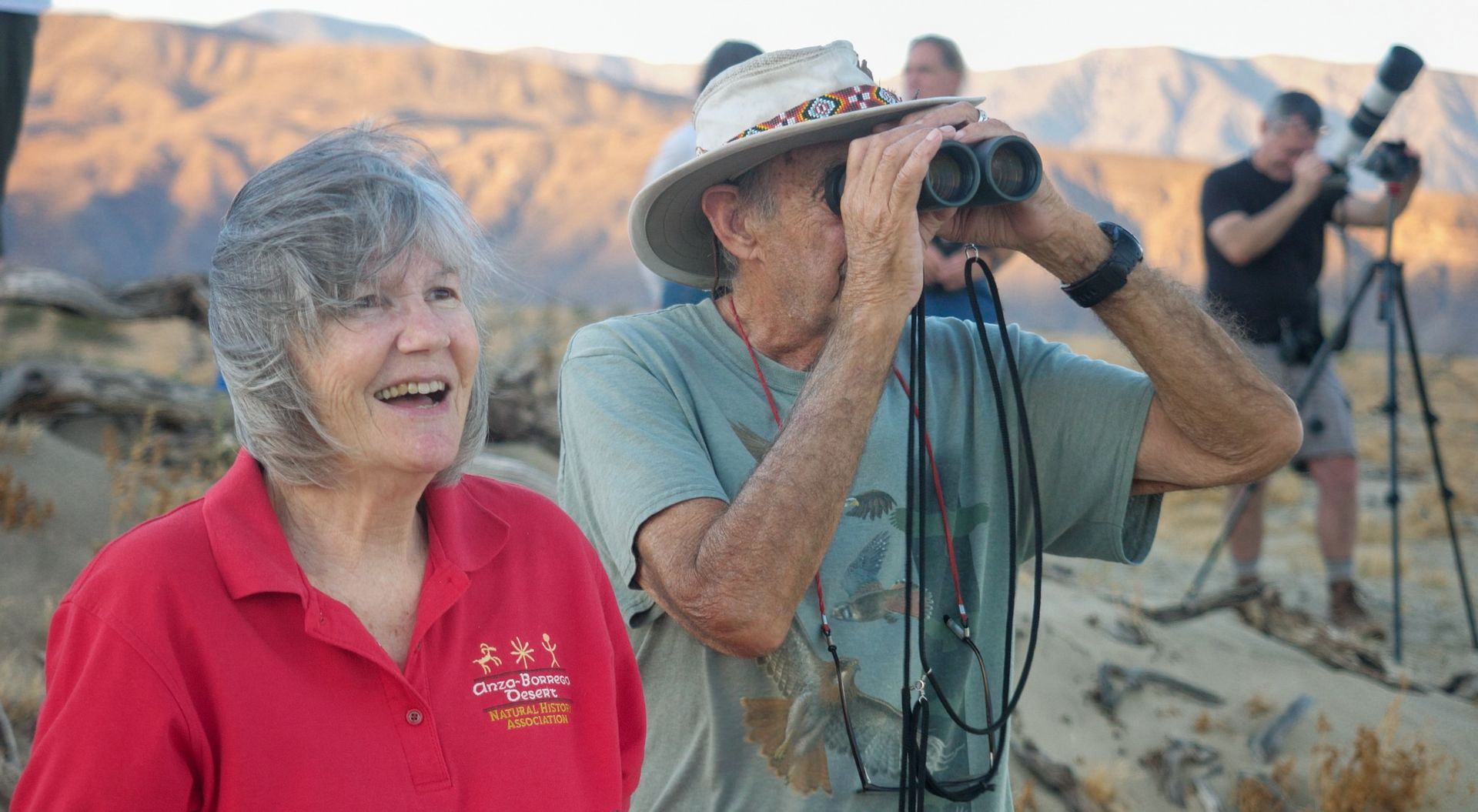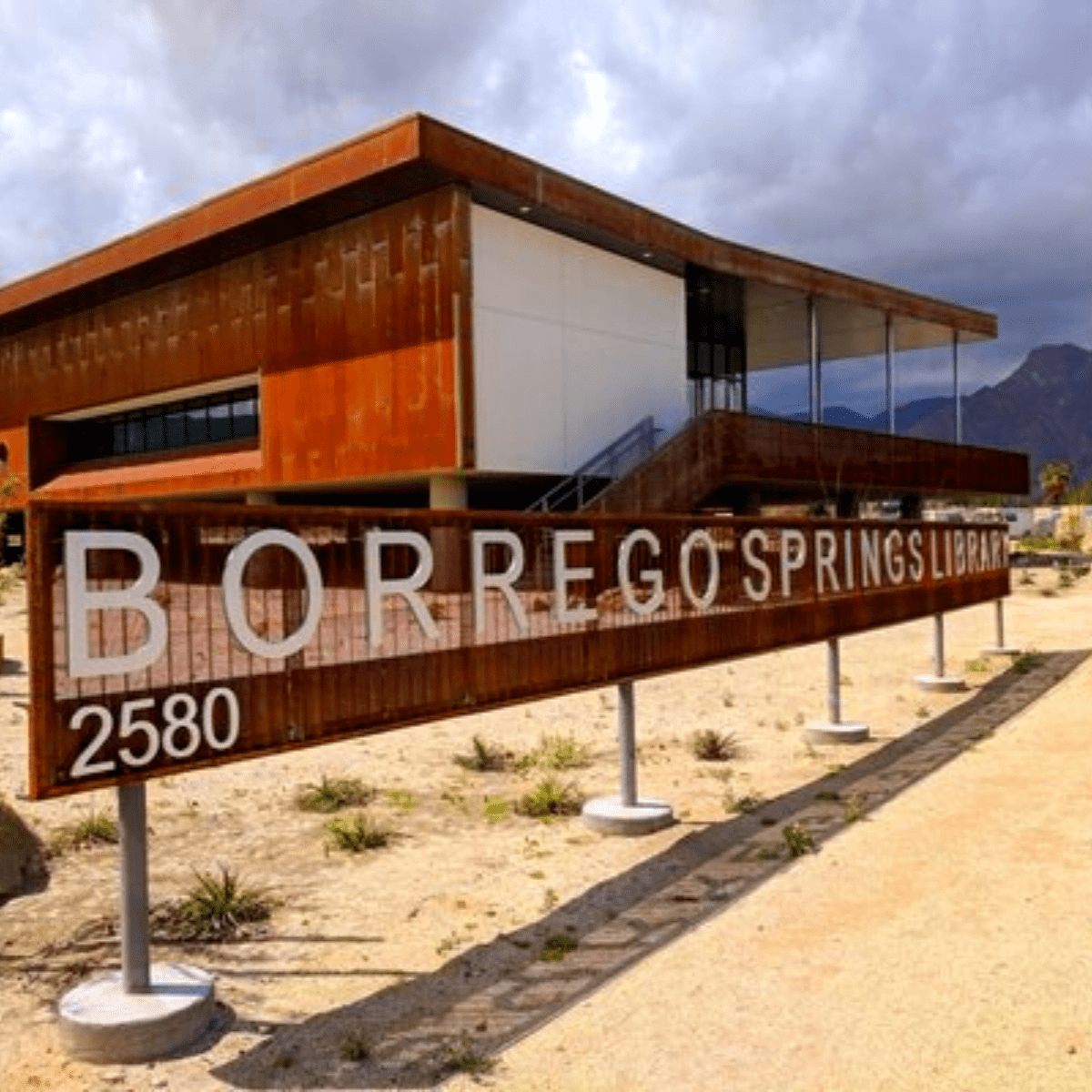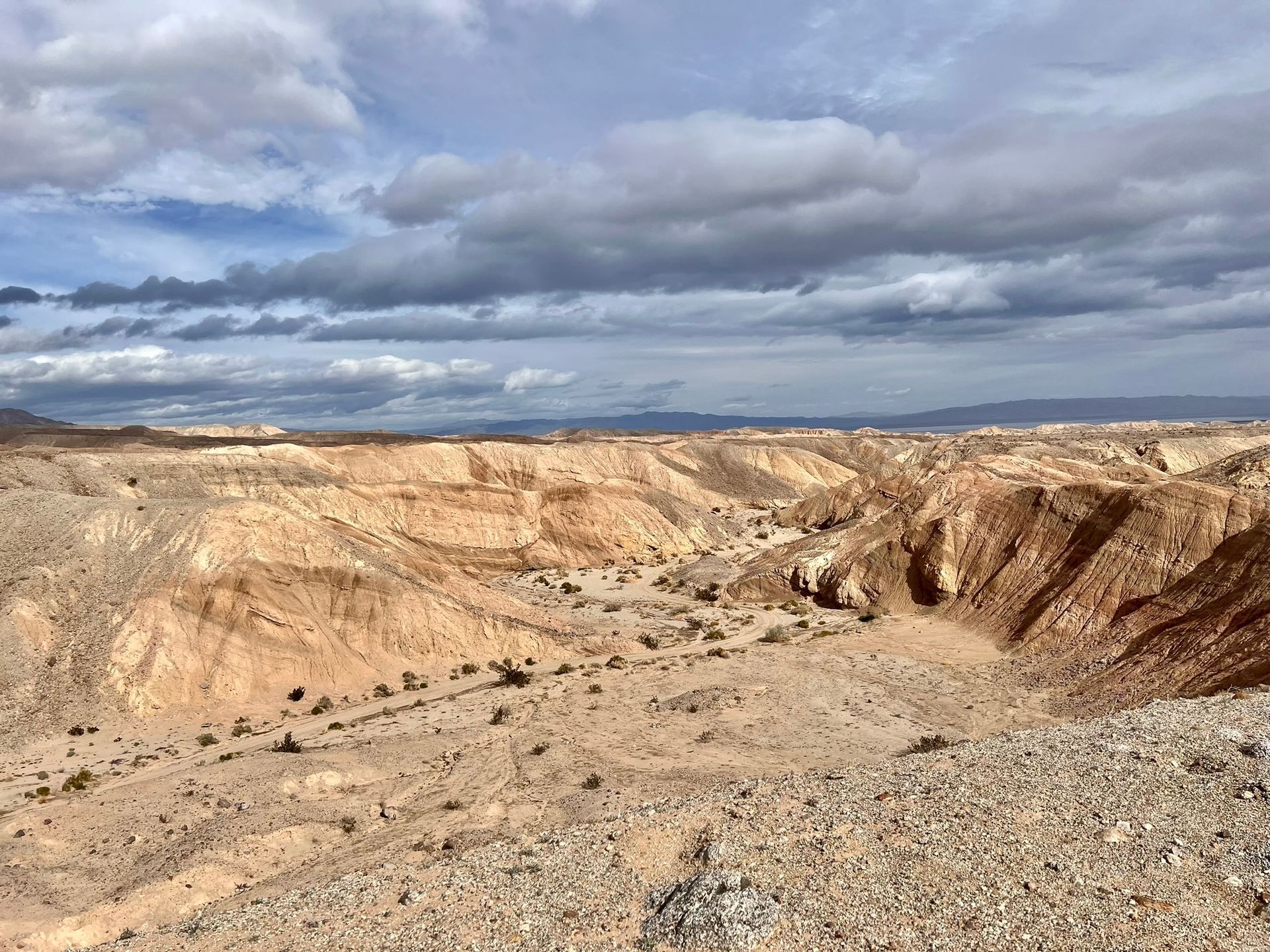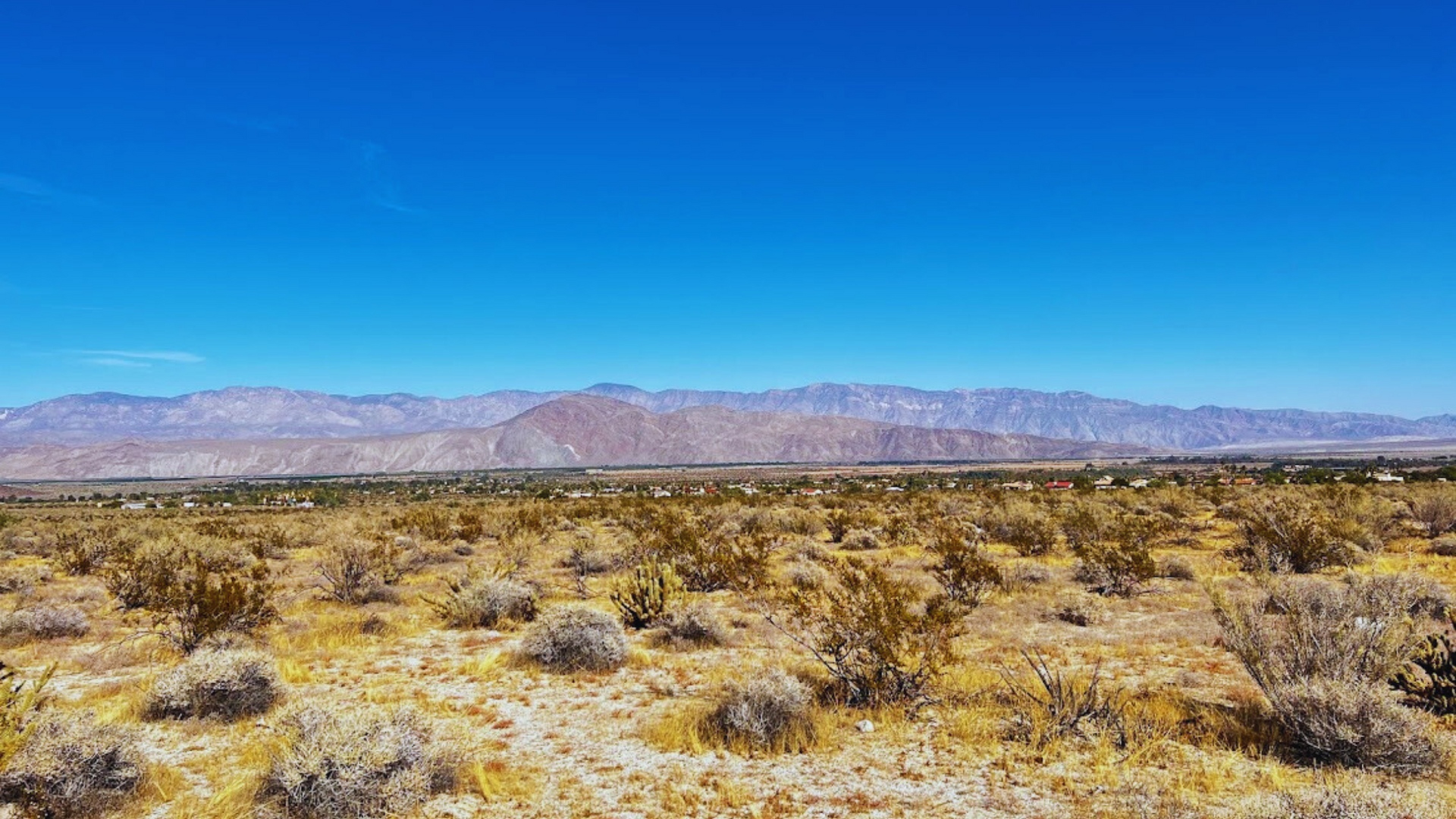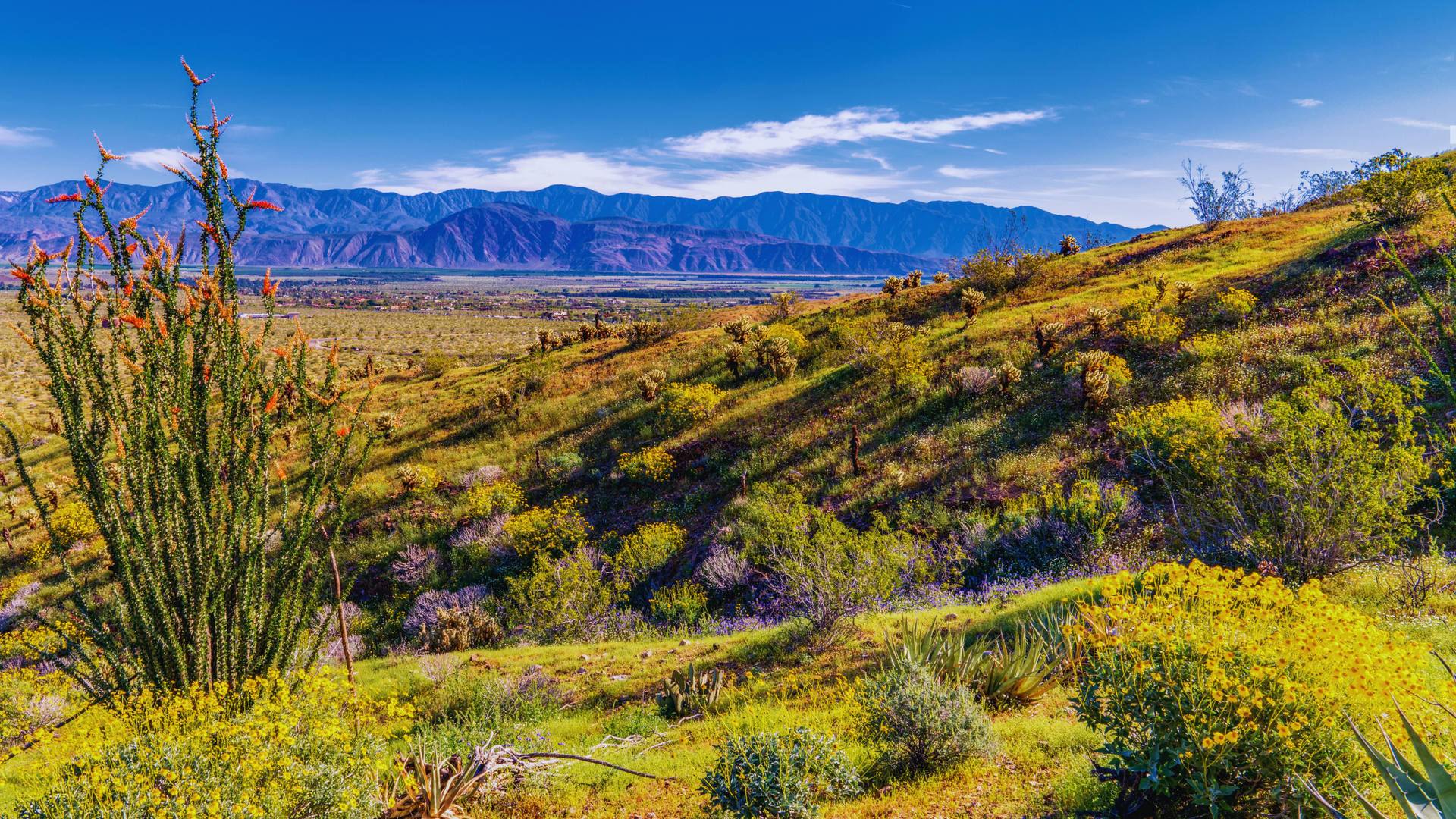Can Rabbit Haemorrhagic Disease (RHD) Infect Coyotes that Eat Infected Rabbits
Share
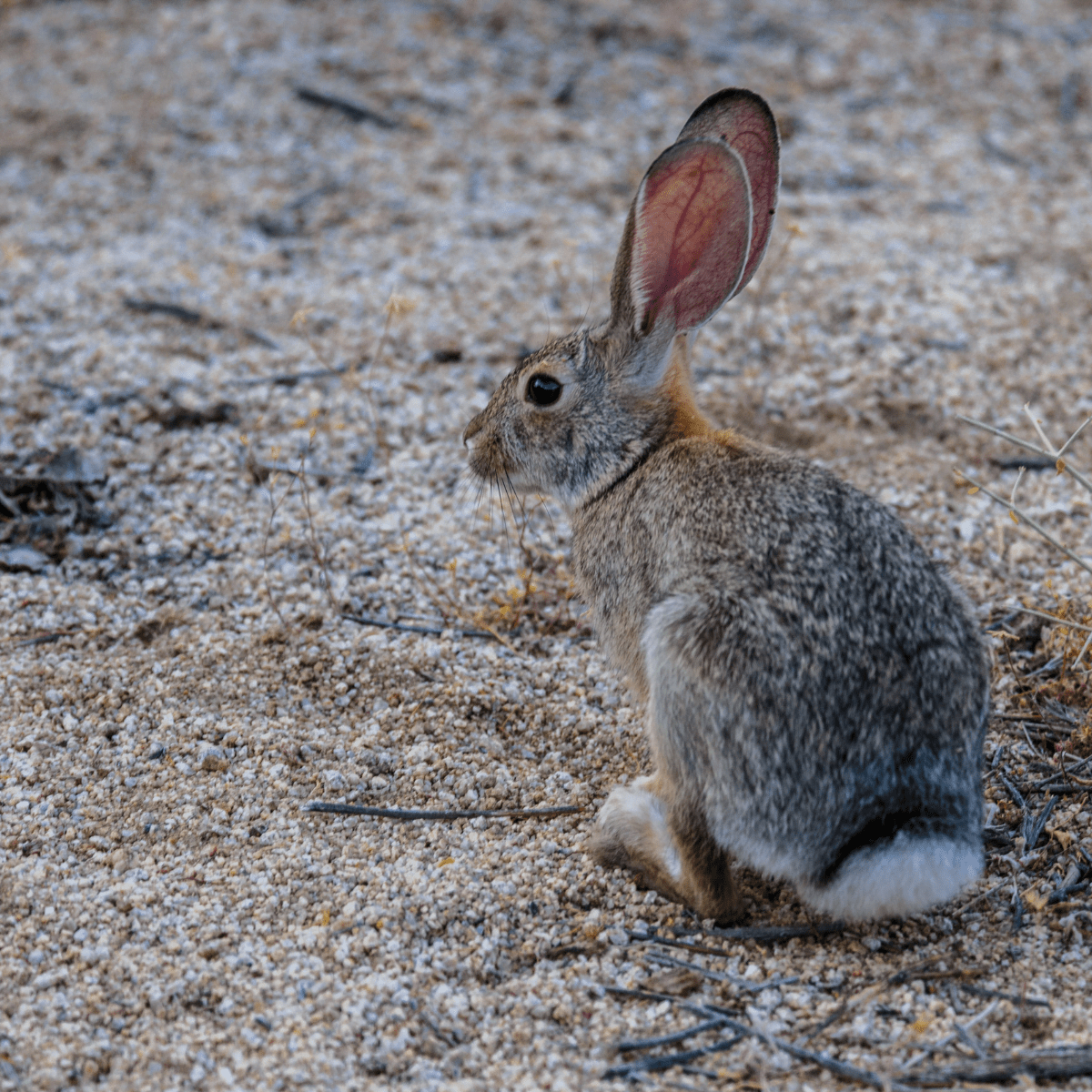
Rabbit Haemorrhagic Disease (RHD) and Coyotes in Borrego Springs
Rabbit Haemorrhagic Disease (RHD) is a serious and contagious illness that affects adult wild and pet rabbits of the Oryctolagus cuniculus species. When RHD enters a new area, it can cause large drops in rabbit populations. A common concern is whether this disease can spread to other animals, like coyotes, that might eat infected rabbits.
Can Coyotes Get RHD?
Studies show that RHDV, the virus that causes Rabbit Haemorrhagic Disease, does not affect other mammals, including coyotes. Even when scientists introduced the virus to 28 different animals, none got sick, and the virus didn’t multiply in their bodies. Specifically, research has shown that RHDV and its variants do not replicate in coyotes.
Source: “Rabbit haemorrhagic disease virus: A review,” Journal of Comparative Pathology, Volume 153, Issue 3, September 2015, Pages 131-139.
What Happens if Coyotes Eat Infected Rabbits?
While coyotes that eat infected rabbits can develop antibodies, which is called seroconversion, they do not get sick from the virus or spread it to others. This means they’ve been exposed to the virus but can’t pass it on.
Source: “Rabbit haemorrhagic disease in European rabbits and its potential impact on wild lagomorphs and their predators,” Biological Conservation, Volume 143, Issue 7, July 2010, Pages 1715-1724.
Conclusion
To sum up, while coyotes may develop antibodies after eating rabbits with RHD, they don’t get infected or spread the disease. However, it’s still important to be careful when handling wild rabbits in Borrego Springs and Anza-Borrego State Park to prevent the spread of RHD to other rabbit populations.
Taking these precautions helps protect the local wildlife and keep rabbit communities healthy.
Learn More About Borrego Springs

